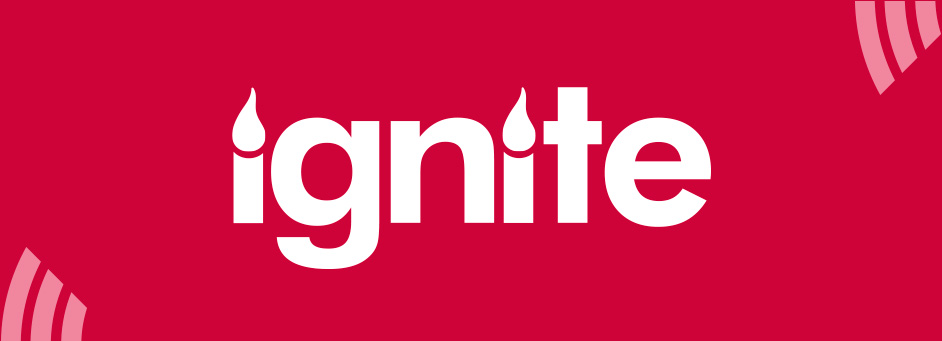© 2021 Kate Gooch / Harvest City Church
In the middle of a global pandemic and economic uncertainty the last thing we might think to do is to give to God. The natural temptation is to gain financial security by keeping our finances to ourselves. God’s divine economy works on a different principle altogether; blessing comes when we give out of faith and obedience, not when we withhold. As Wendell Smith explains in Prosperity with a Purpose: ‘In every single aspect of God’s economy, everything we give away comes back. Tithing, giving, sowing – it all comes back with the blessing of the Lord on it for our obedience. And while it was out of our hands it was working the words of God and blessing people who received it.’
We see a powerful example of this in 1 Kings 17. Elijah was sent by God to the village of Zarephath where he met a poor widow. Her circumstances would surely have seemed humble, desperate and hopeless. With little food left, she was facing what seemed like the certain death. The Bible doesn’t tell us much about the widow, but it’s possible to imagine that this was not the future she dreamed of as a child, a newly married wife or a young mother. Somewhere, somehow, things had not gone to plan, and now faced with broken dreams and an uncertain future, here she was gathering sticks for a final meal with her son.
But God was was already working on her behalf. The widow might have felt overlooked and neglected, far from anyone’s concern, but God was going to use her to bless Elijah with a meal. Even in our desperate circumstances, even when everything looks bleak and we feel like we have little strength left, God can still turn it around for good.
When Elijah met her, he asked her for a cup of water and a little bread. The widow’s reply was simply:
“I swear by the Lord your God that I don’t have a single piece of break in the house. And I have only a handful of flour and oil in the bottom of jugs. I was just gathering a few sticks to cook this last meal, and then my son and I will die” (1 Kings 17: 12, NLT).
Elijah, seemingly not dissuaded or discouraged by her response replies:
“Don’t be afraid! Go ahead and do just what you’ve said, but make a little bread for me first. Then use what’s left to prepare a meal for yourself and your son. For this is what the Lord the God of Israel says, There will always be flour and olive in your containers until the time when the Lord sends rain and the crops grow again.” (1 Kings 17:13-14, NLT)
The widow was obedient, and her family continued to eat for many days. In fact, there was always enough food, just as the Lord promised. In this example, we see four important principles:
1. Choose faith over fear
Elijah’s immediate response to the widow was, ‘Do not be afraid!’ It’s easy for fear to overtake us, but God has not given us a spirit of fear (2 Timothy 1:7), and throughout Scripture He reminds us that we do not need to worry about anything (Matthew 6:31, Philippians 4:6). God already knows what we need and is more than able to supply our needs from His glorious riches (Philippians 4:19). It is God who gives us the ability to gain wealth (Deuteronomy 8:18). He can surely open the windows of heaven and pour out a blessing (Malachi 3:10), but He does so in response to our giving. When we give to God, we do so believing that He is Jehovah Jireh (The God who Provides). We give knowing that God is a good, good father and only wants to bless His children.
The widow could have declined. Instead, she obeyed. She chose faith. She chose to believe the promises of God, and she saw the miraculous occur. Hope was renewed. A future that she couldn’t see was now possible. Not only did she have enough food for that day, her supply did not run out. But more than that, she was part of what God was doing in Elijah’s life.
2. We give out of what we have, not what we wish we had
The widow thought she had nothing to give, but she had flour set aside for her last meal. Elijah didn’t ask for it all; he asked for a portion, the first portion. If she could give that obediently, God promised to bless her abundantly.
We may look at what we have and think we have nothing to spare. Yet, God is showing us that whatever our circumstances, there’s always something, however big or small, that we can give as an offering. It isn’t the size of our offering that’s important, but our willingness to obey and be faithful to Him. When we give, we demonstrate that we trust God even when we can’t see the future. We show that we believe that God is Lord of our lives.
Perhaps one of the hardest things about giving in the face of our poverty (financial, emotional, a poverty of hope or anything else) is that we have to let go of control and lean into God, trusting Him to provide when we don’t always know how and when He will. But we do so with firm hope that whatever we give to God is never wasted and never lost. Luke 6:38 promises, ‘Give and it will be given back to you, pressed down, shaken together and running over.’
3. There is always purpose and protection in the offering
The widow’s offering did more than release the miraculous in her life, it released it in Elijah’s life, too. There was purpose in her offering. We may not always know what needs our offering may meet, how it may bless others, how it might build church, but we are sowing into an economy that is of eternal value. Earthly investments are not wrong in and of themselves, but they are temporary, fallible and insecure. Matthew 6:20-21 reminds us to ‘store your treasures in heaven … wherever your treasure is, there the desires of your heart will also be.’
4. God always responds to faith
The promises of God are sure and certain. They were for the widow and they are for us. When we step out in faith, God always responds. The widow will still growing in faith and it took another tragedy and miracle before she was wholly convinced that God was working through Elijah. Here we see just how gracious God is: God responds to our step of faith, even when we feel uncertain or when we feel like our faith is small. Matthew 17:20 reminds us that if we have faith as ‘small as a mustard seed … nothing would be impossible.’ Whether we have mustard seed faith or great faith, God honours us when we honour Him. If we just take a step of faith and give the best out of what we have – whether we feel strong in faith or not – God will cause blessing to overflow in our lives (Proverbs 3:9-10). We will have more than enough!
Whatever you are facing, whether you are in need or in plenty, let us be encouraged to give to God freely and generously. The same God who miraculously provided for a poor widow in a remote village will provide for you too. When the future is uncertain – as it was for the poor widow and her son – know that God is still working, still moving and still taking care of you. We can have faith for a future we can’t yet see because we know God has our future in His hands and will work all things together for our good.












